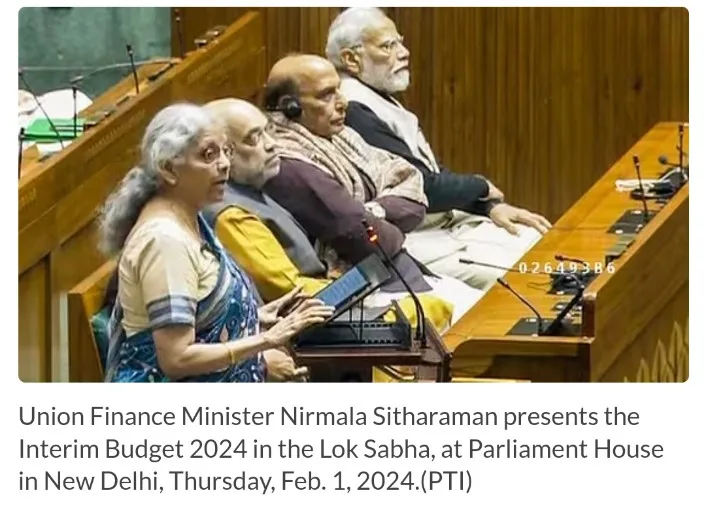Mumbai: The recent interim budget has paved the way for reduced home loan costs and lower interest rates, signaling positive news for borrowers, according to financial institutions.
The fiscal deficit reduction to 5.1% has resulted in borrowing nearly Rs 1 lakh crore less than anticipated. With a significant portion of government spending directed towards capital expenditure (capex), inflationary concerns are alleviated, providing the Reserve Bank of India (RBI) leeway to consider future interest rate reductions.
The lower fiscal deficit has implications for RBI to boost liquidity, making it easier for the central bank to soften interest rates in the coming months. The central government’s strategic move suggests a collaborative effort with RBI to stimulate private investment by encouraging lower lending rates.
Dinesh Khara, Chairman of State Bank of India, expressed optimism that improved fiscal numbers would contribute to lowering interest rates. While lenders anticipate RBI to implement interest rate reductions in the latter half of 2024, there is a prevailing sentiment that interest rates are on a trajectory toward softening.
Expectations of cheaper home loans arise not only from fiscal measures but also from the two affordable housing schemes introduced in the budget. The Pradhan Mantri Awas Yojana Grameen (PMAY Grameen), targeting an additional two crore houses in the next five years, along with incentive schemes for the middle class in urban areas, slums, and unauthorized colonies, are anticipated to enhance the viability of home loans.
Monu Ratra, CEO of IIFL Home Finance, emphasized the positive impact of these incentives, likening them to subsidies that could improve the financials of home loans.
A. S. Rajeev, MD & CEO of Bank of Maharashtra, highlighted the role of reduced fiscal deficit in supporting lower interest rates. While anticipating a softening of the interest rate cycle in the second quarter of 2024-25, Rajeev acknowledged other factors like inflation, supply chains, and demand-supply dynamics.
Zarin Daruwala, India head of Standard Chartered, noted the budget’s consistency in focusing on fiscal consolidation and capex thrust. She emphasized that these measures, along with lower interest rates, would drive and boost private investments.
Aditi Nayar, Chief Economist at ICRA, underscored the higher-than-expected capex and lower fiscal deficit, indicating healthier expenditure quality. She anticipates these factors, coupled with prudent revenue and capital receipt estimates, will contribute to cooling yields over the next year.
The interim budget appears to set the stage for a positive economic outlook, fostering an environment conducive to cheaper loans and lower interest rates.
Stay tuned for more updates on the economic landscape.






